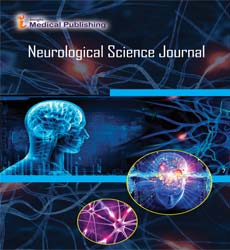Dietary Intake and Intervention in Chronic Stroke: Review of the Evidence
Abstract
Despite evidence for a role of nutrition in the development of metabolic dysfunction, physical deconditioning, and psychological dysfunction common post-stroke, very little is known about the dietary habits and nutritional needs of chronic (>6 months) stroke survivors. This review summarizes the available evidence regarding dietary intake adequacy in chronic stroke survivors. It appears that a combination of screening methods, including food record, laboratory and malnutrition screening tools assessments may be beneficial to assess the dietary intake adequacy of stroke survivors. We also review the evidence suggesting the need for dietary modification by summarizing the strongest evidence (i.e., randomized controlled trial data) supporting and refuting the impact of nutritional interventions on clinical outcomes post-stroke. Data suggest that the B vitamins, omega 3s and vitamin D have promising effects on recovery post-stroke; however, to date, study limitations make drawing definitive conclusions regarding the impact of nutritional supplementation difficult. Further research is needed to provide insight on the ideal supplement dose and duration and about how different rehabilitation therapies (i.e., nutritional supplements, medications, exercise and caloric restriction) may interact to affect recovery. A better understanding of the role of nutrition during chronic stroke is needed as this information may one day help to individualize rehabilitation approaches to optimize patient outcomes.
Open Access Journals
- Aquaculture & Veterinary Science
- Chemistry & Chemical Sciences
- Clinical Sciences
- Engineering
- General Science
- Genetics & Molecular Biology
- Health Care & Nursing
- Immunology & Microbiology
- Materials Science
- Mathematics & Physics
- Medical Sciences
- Neurology & Psychiatry
- Oncology & Cancer Science
- Pharmaceutical Sciences
